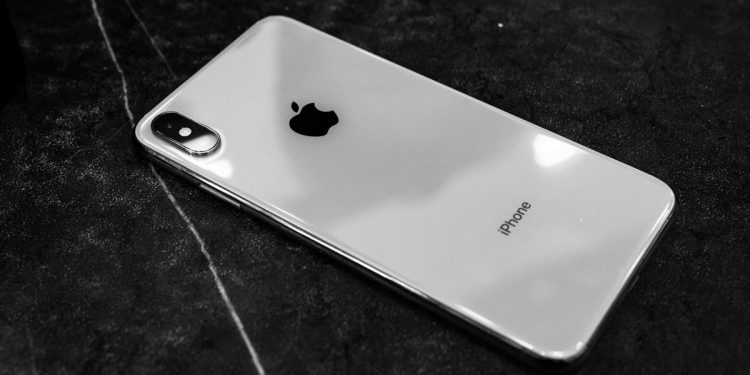A Tribute to the Apps we Never Use (All 51% of them)

Since humans collectively decided that we needed to close brick-and-mortar businesses, from banks to bingo halls, moving everything into the ether of the internet, we’ve built our civilisation around apps.
There’s a whole discussion about whether that’s a good idea (just like the cash vs. card debate), but there’s no getting away from the fact that at least part of our identity is stored on a hard drive somewhere. Then again, it has been for a long time.
“Deep Tech”
The biggest shift in tech has been in how we enjoy ourselves. Gone are the arcades of the 1980s and 90s. So, once again, the app has taken up some of the slack.
All our TV shows are found on some combination of Netflix, Britbox, and Disney+ (etc.), while our gaming needs come via platforms like Betfair. The latter combined two worlds with its new game Plinko Go, a minigame that used to feature on the US TV show The Price Is Right.
The previous has been good for Yorkshire. In March, the Prolific North website reported that the tech business in South Yorkshire was 700% larger than ten years ago, increasing from £370m in 2014 to £3bn in 2024. This is from places like Barnsley, Sheffield, and Doncaster.
Citing Dealroom.co, the study claimed that “deep tech” startups promising new products had attracted 55% of the £200m capital raised by tech companies in the county.
Duolingo
Yet, we’re failing at least one of the technologies serving the population – apps. Another report, this time from Talkmobile at the beginning of April, claimed that the average number of downloaded apps per adult in Yorkshire and the Humber is 41. Yet, 21 of those have never been used, and 26 have not been used in the last month.
This means that 51% of these little programs are dead weight on our devices, and 63% have one foot in the virtual grave.
It was always meant to be this way. Much has been made of our declining attention spans in a world of ten-second videos, but apps have always been championed as a pick-up-and-play remedy to arduous tasks like visiting the bank or waiting for physical things to be delivered.
Unfortunately, it’s easy for a casual interest to become something forgotten. The Duolingo owl’s reminders to use the app became so common to the human experience that it became a meme and an April Fool’s joke with a menacing twist.
Human Nature
The popularity of apps may be industry-specific. TV and gaming apps require less deliberate effort to get into (and keep using) than language apps like Duolingo. It’s just human nature that we’d rather watch Black Mirror or You in our downtime than learn a new skill.
While that’s not good news for developers and start-ups in the space, it might explain why we’re so poor at keeping an active set of apps on our phones.
Things are good in the tech industry – just don’t expect too many apps to become lifelong friends.









